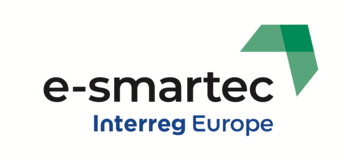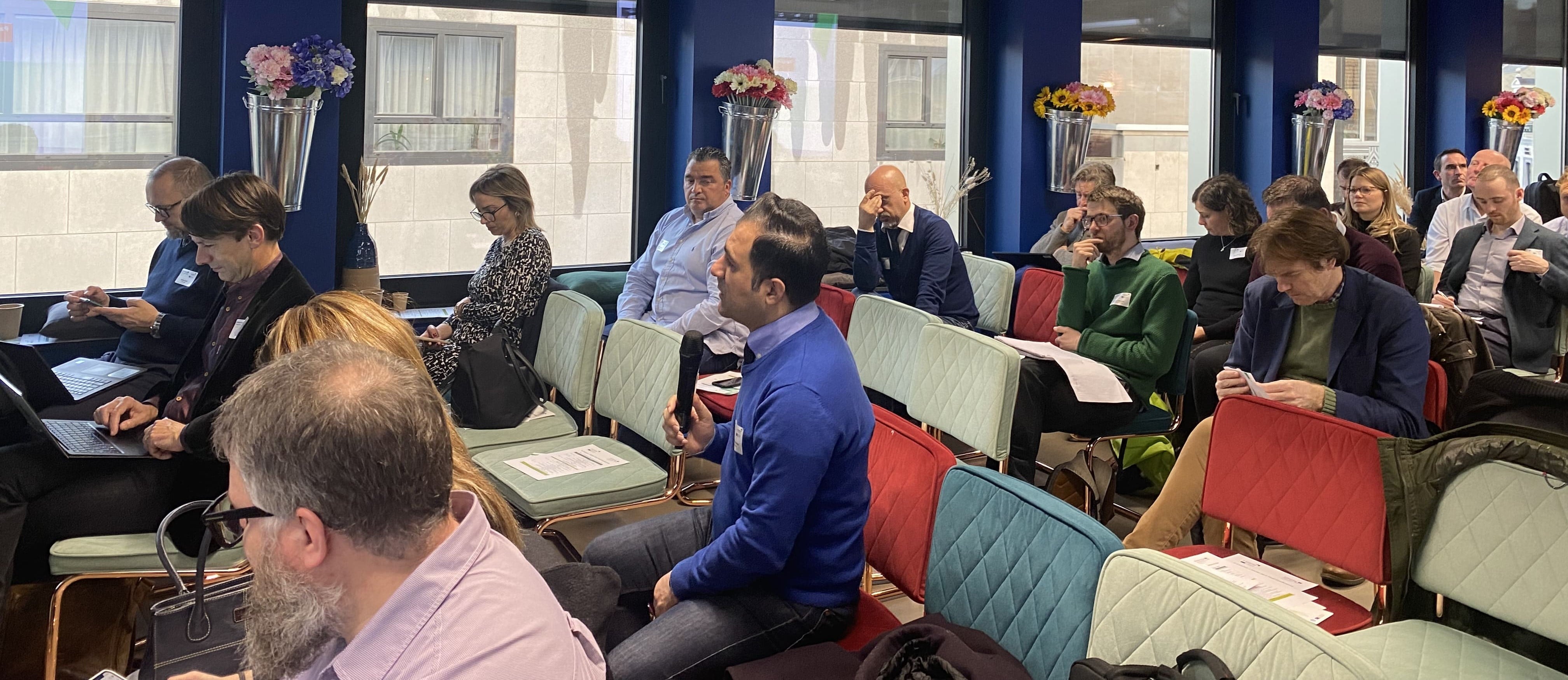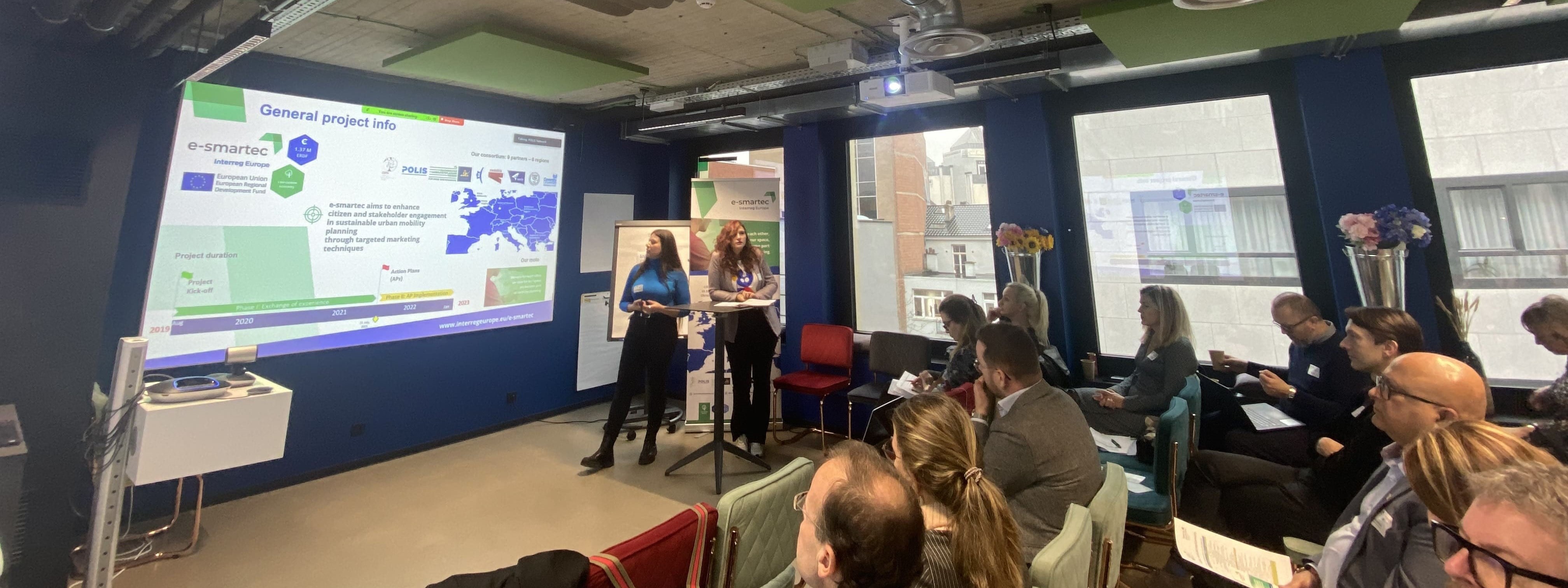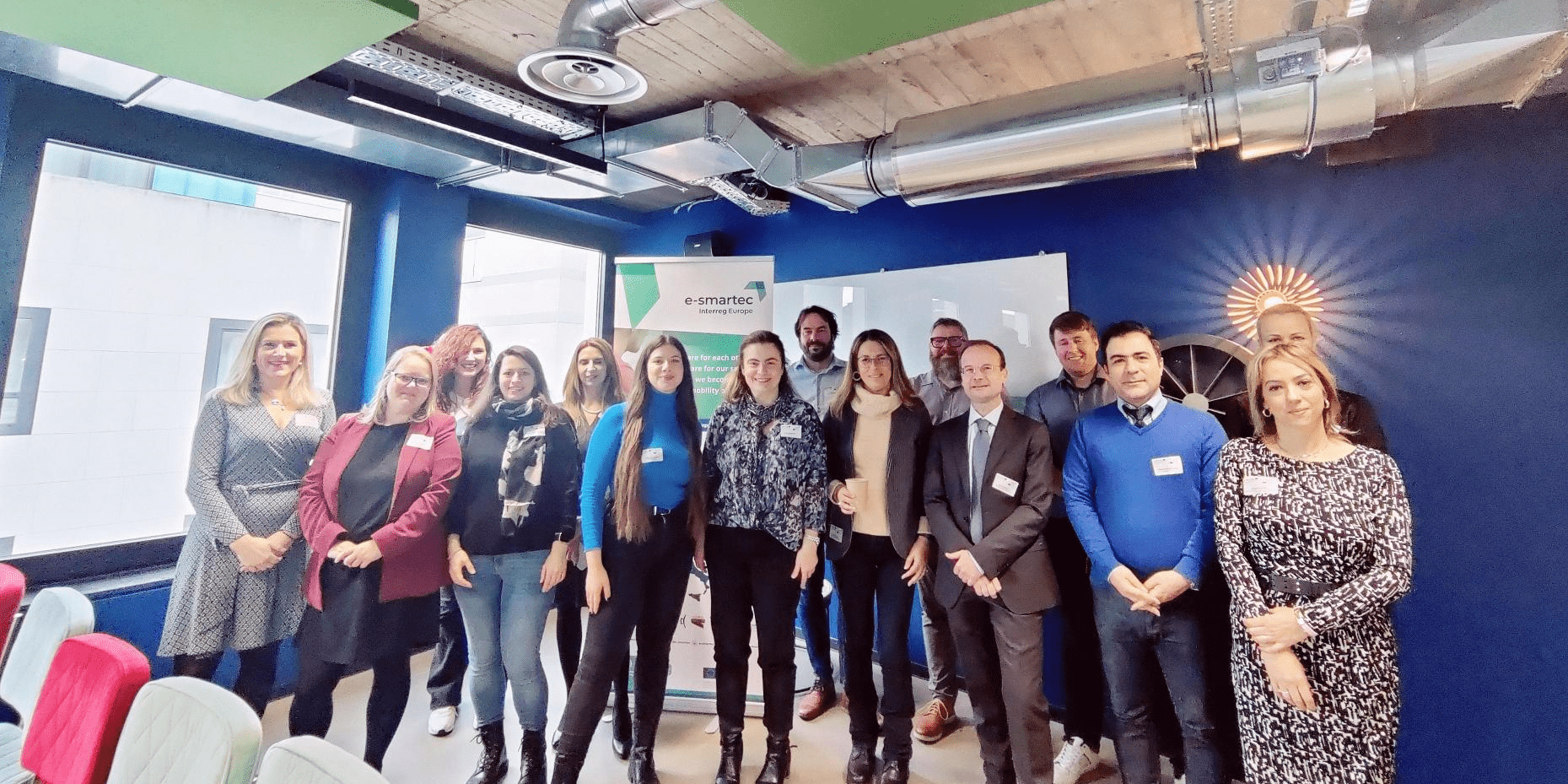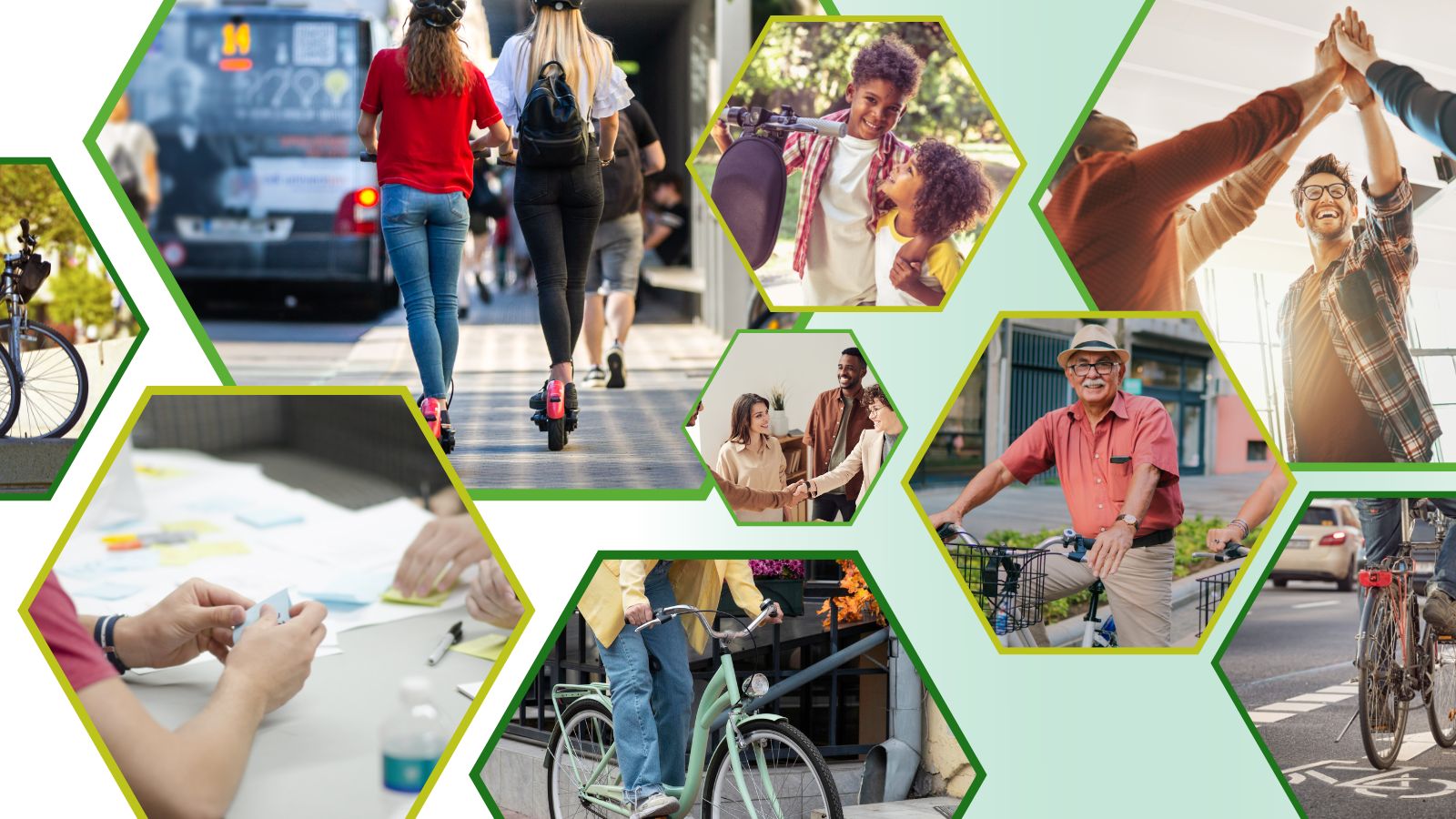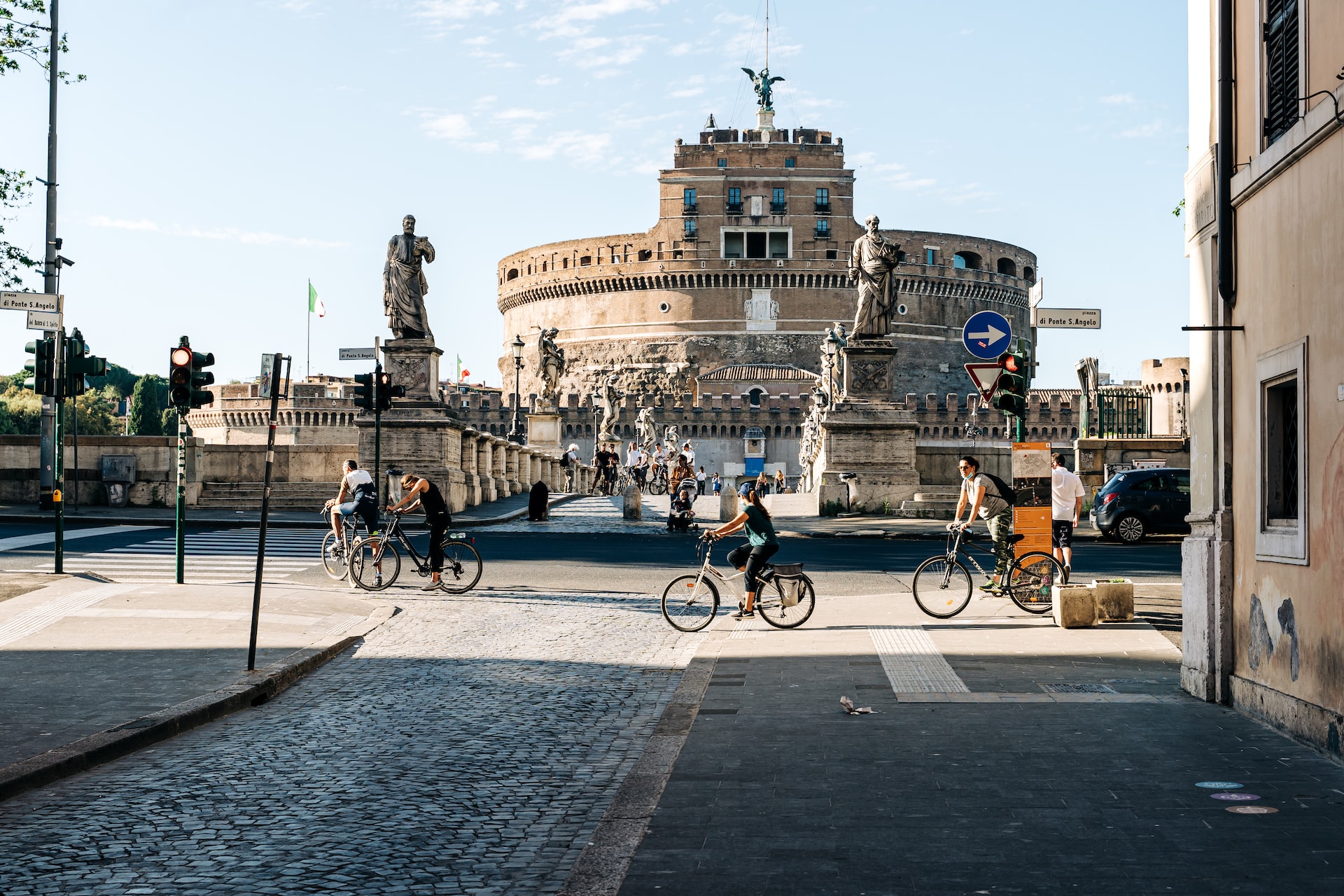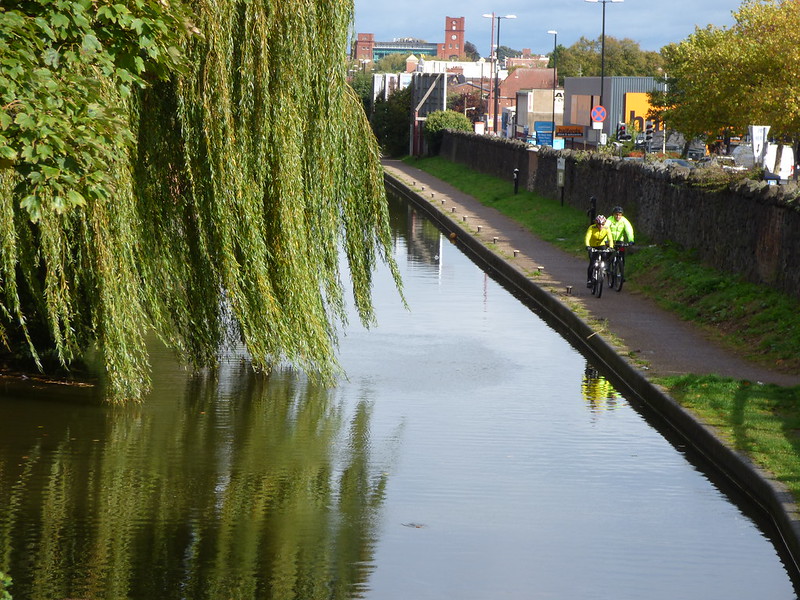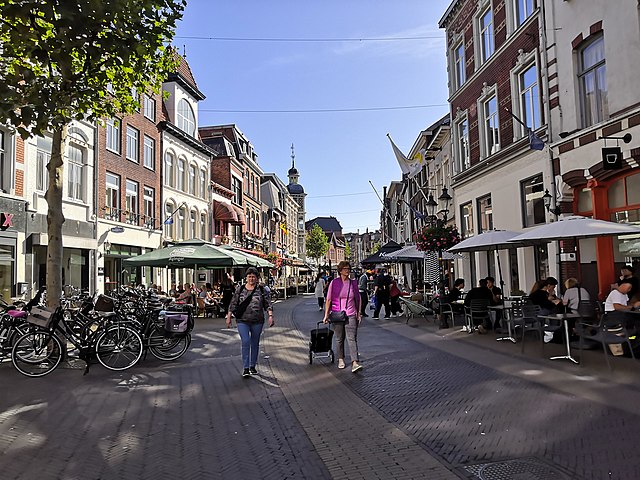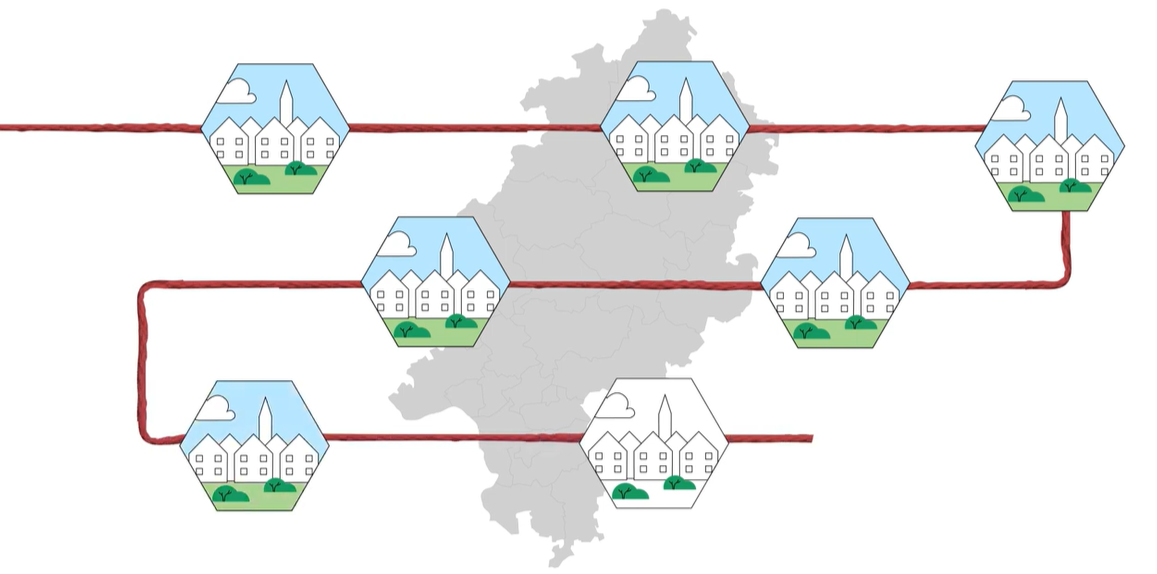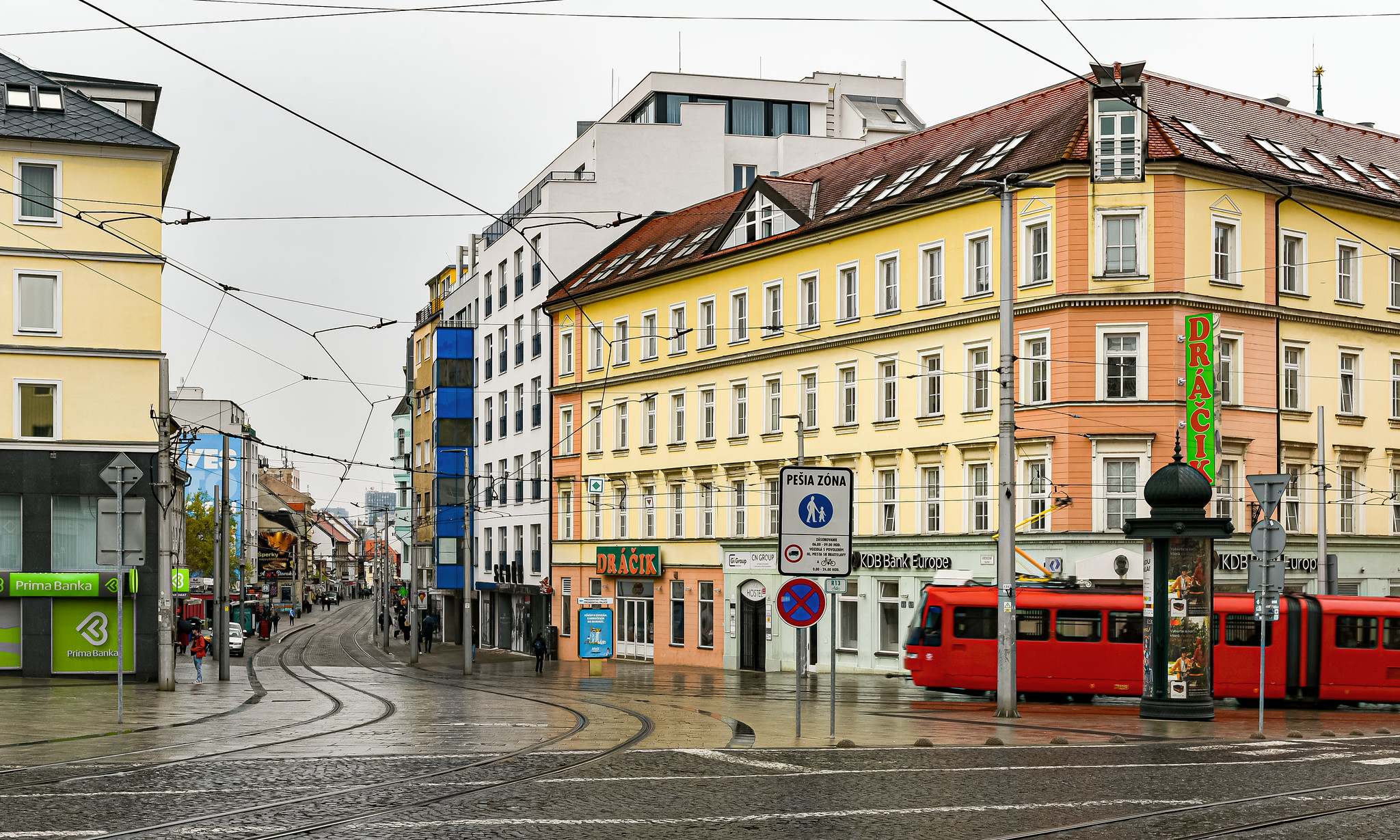e-smartec and MOBI-MIX came together on 23 and 24 November 2022 to explore synergies and review different ways of achieving a sustainable urban mobility.
Through key learnings and joint panel discussions, synergies were explored and insights were shared for the future as both projects come to an end.
The e-smartec and MOBI-MIX Joint Final Conference went out with a bang as it explored different yet complementary aspects of sustainable urban mobility: e-smartec, aiming to decarbonise urban transport through a co-creative process that made use of marketing techniques to engage citizens in actively taking part in sustainable mobility policies, and MOBI-MIX, who sought to do so through the effective implementation of shared mobility and MaaS solutions.
The event thus brought together 60 mobility experts from across Europe to discuss what they have achieved within each of the projects, discussing lessons learned as they both aimed to enable behavioural change in urban mobility.
During the event, personal contributions were delivered from partners involved in the e-smartec and MOBI-MIX projects respectively. While various topics specific to each of the projects were explored, such as youth awareness and stakeholder participation for e-smartec and data-based policy-making and effective public-private collaboration for MOBI-MIX, cross-cutting themes were also a central item on the agenda.
Common challenges for e-smartec and MOBI-MIX
Joint e-smartec and MOBI-MIX panel discussions were held on raising awareness as a whole, as well as lessons learned on supporting guidance for more sustainable mobility planning on shared mobility and public engagement. Among the synergies explored, key ones were found in addressing the unlikely users, where partners from both projects recognised the importance of ensuring the needs of everyone are being addressed when implementing new mobility measures.
Mutual challenges were also found in staffing and a difficult policy environment, where cities from both projects expressed hardships in finding the right staff and having enough political power to wield the necessary results for sustainable mobility planning. However, both recognised how the documents from the e-smartec and MOBI-MIX projects were extremely useful in providing the needed support.
A last look at e-smartec
As mentioned by Project Coordinator Maria Morfoulaki, CERTH, e-smartec aimed at providing tailored guidelines on citizens and stakeholders’ engagement marketing techniques for innovative decision-making and traditional procedures. In the four years of the project lifetime, project partners, and in particular regional ones, worked hand in hand with citizens and authorities to create 'something really helpful for the planning and implementation of sustainable mobility'.
As Communications Project Managers Laura Babío Somoza and Alessia Giorgiutti from POLIS Network said, e-smartec gathered numerous outputs which are still available - and will be for quite some time. The project started by building on existing knowledge and it is now ready to fly on its own!
Youth awareness
Discussing 'Youth awareness-raising actions for sustainable mobility', representatives from Coventry City Council (Sunhil Budheo), Region of Central Macedonia (Chrysanthi Kiskini), and University of Žilina/Bratislava (Ghadir Pourhashem), tackled different results and processes of thought that stemmed from their regional APs development.
From Coventry's futuristic approach thanks to their (and the world's, actually!) first drone airport and brand-new light rail development, to RCM's successful participatory planning methods catered to youngsters, passing through Žilina's balanced view on public transport and air quality improvements through raising awareness and and organising unique activities to support their take on sustainable mobility, no stone was left unturned!
Stakeholders' rule
Discussing 'Stakeholders’ participation in sustainable mobility', Susanne Fischell from HTAI/Fachzentrum Nachhaltige Mobilitätsplanung Hessen introduced Hessen's policy instrument, which was changed last year to favour more of a municipality focus (Hessen Mobility Strategy 2035). Aside from a lesson in flexibility, the Hessen AP provides an online toolbox for citizen participatory formats and marketing techniques - a living platform that will not stop at the end of the project.
Jan Waalen, Venlo Region, and Marco Surace, Roma Servizi per la Mobilità, discussed the synergies between their cases, with Rome's take on cycling and upcoming BICIPLAN being the cherry on top.
Time to say goodbye
The Joint Final Conference was a resounding success, allowing members from each project to get inspired by each other's ideas and to exchange knowledge on mutual understandings and hardships in the journey to making carbon-free transport a reality.
